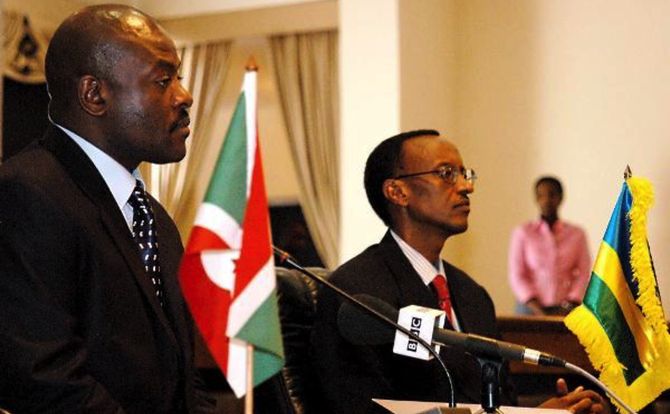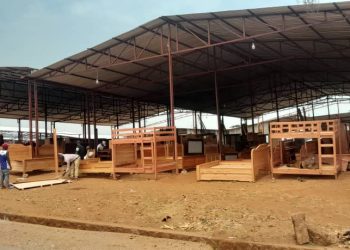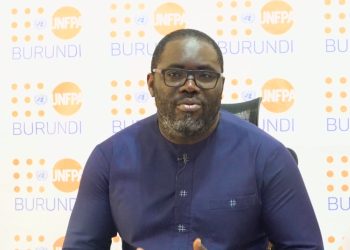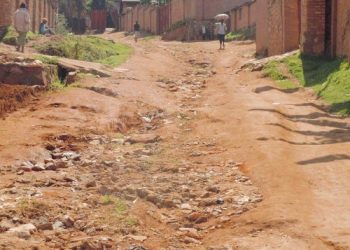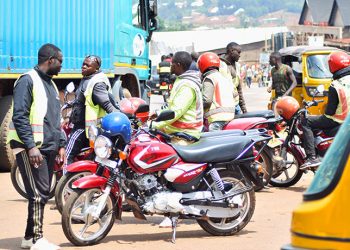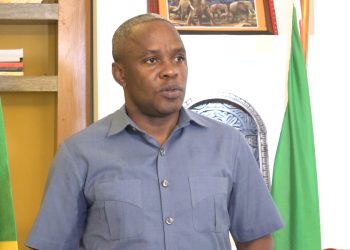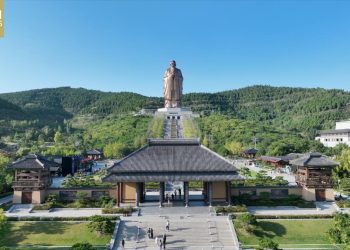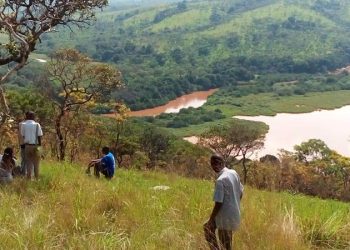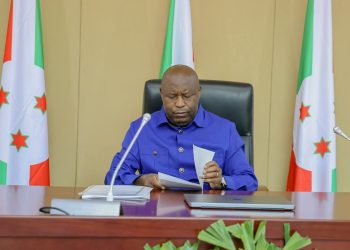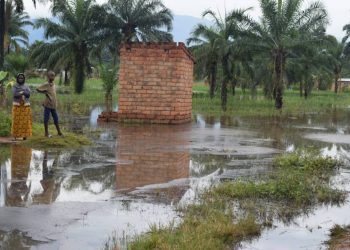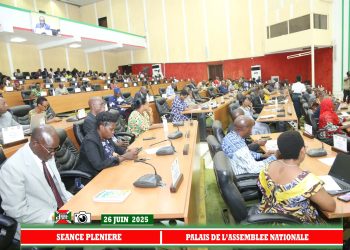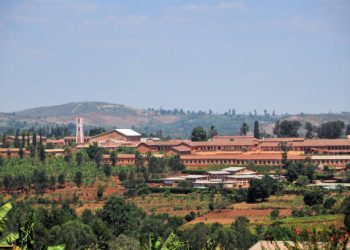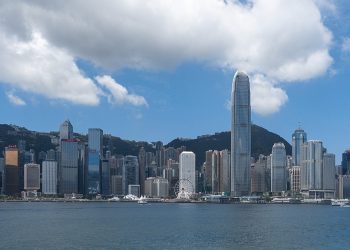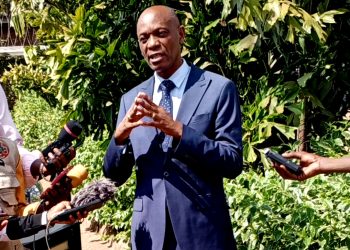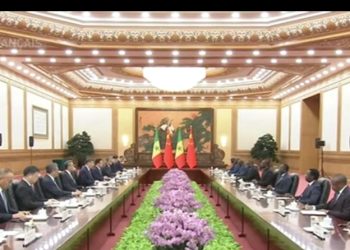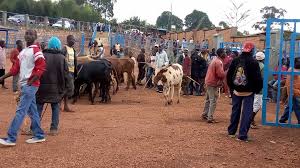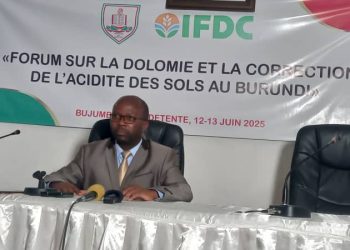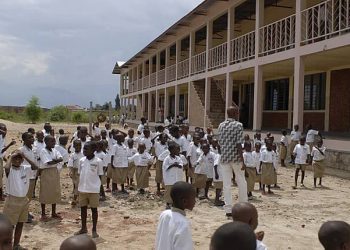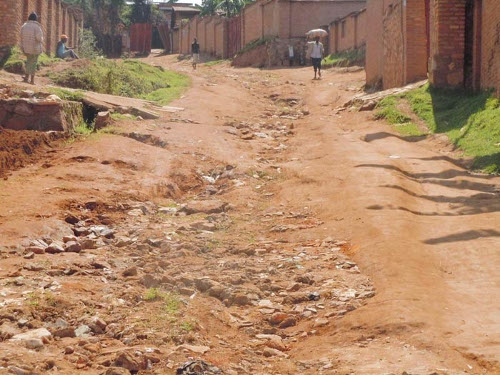Burundi plunged again into violence in 2015 after President Pierre Nkurunziza declared he would seek a third term. This decision was denounced by the opposition as a breach of the country’s constitution, which includes a quota system that helped end the 12-year civil war between the country’s two main “ethnic” groups – the Hutus and Tutsis.
Last week Mr. Nkurunziza, who won reelection in July 2015 in a vote boycotted by the opposition parties, refused to attend peace talks that had been set to resume in neighboring Tanzania.
To understand the situation, one must review the history of Africa’s Great Lakes region, which includes Burundi’s twin country, Rwanda.
Both states are small by African standards, of very similar ethnicities, densely populated and with few natural resources. Both are predominantly agrarian, with borders shaped by the interests of the colonial powers.
Until the end of World War I, they were part of German East Africa, before coming under the mandate of Belgium, which was already the colonial power in their eastern neighbor, the Congo. The Belgians agreed to separate the two countries and granted them independence in 1962, after relying for many years on traditional African monarchs to help rule their common territory.
 The distinction between Tutsi and Hutu is not really ethnic but social and political
The distinction between Tutsi and Hutu is not really ethnic but social and political
In a simplistic way, both countries can be seen to have a Tutsi minority and a Hutu majority. However, the distinction is not really ethnic but social and political: for generations, the Tutsis have been the traditional elite, while the Hutus comprised the broad majority of the population.
Soon after Rwanda and Burundi won independence, the traditional ruling house (who now ruled Burundi as constitutional monarchs) were deposed. Both countries entered a period of near constant disorder and civil strife, culminating in the Rwanda genocide of 1994, which resulted in the deaths of approximately 1 million Tutsis (90 percent of Rwanda’s Tutsi population).
After years of turmoil and bloodshed, President Paul Kagame, a Tutsi, came to power in Rwanda. He restored the rule of law and built efficient, relatively lean government institutions. Corruption was largely eradicated.
Coming from the Tutsi minority, President Kagame also succeeded in building a system that made adherence to one of the two main groups – Tutsi or Hutu – largely irrelevant. In consequence, the economy has developed well, social cohesion has increased and Rwanda is striving to become an African Singapore.
It was different in Burundi. President Nkurunziza, a Hutu with a Tutsi mother, was first elected in 2005. He lacked Mr. Kagame’s farsightedness, impartiality and character, and Burundi’s development lagged far behind Rwanda’s.
Two styles
Comparing the recent history of these two similar countries and situations is interesting. Both presidents sought a third term over the past 18 months. It is hardly astonishing that Mr. Kagame, a popular and respected leader, won support from a broad majority, while Mr. Nkurunziza’s reelection bid ignited widespread unrest.
The fighting in Burundi threatens to escalate and plunge the whole region into war, which at its worst could rival the 1994 horrors in Rwanda.
Both leaders have a history of violence while they were in the opposition, but their styles of rule – one successful, the other not – are totally opposite.
Mr. Kagame had his origins in a traditional ruling family. He was educated to assume responsibility and shows a deep understanding of and respect for African and Western institutions and customs. Mr. Nkurunziza seems devoid of the same qualities.
The comparison of Rwanda and Burundi sheds some light on the opportunities and pitfalls in African governance. One conclusion is that Africa needs institutions – not just of the schoolbook type drawn from European and American democracies, but indigenous forms adapted to African realities.
GIS

